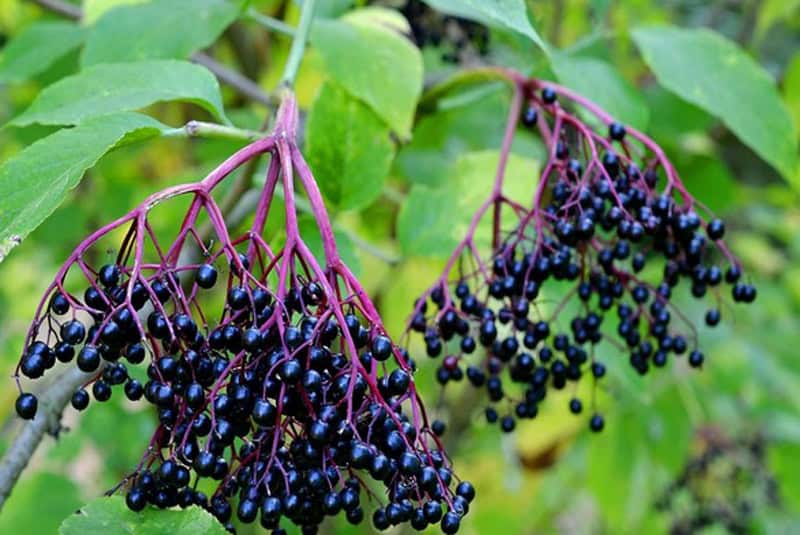Washington: Researchers have recently observed that consuming elderberries can help tackle influenza and its symptoms.
Otherwise known as Sambucus Nigra, elderberry is a small, antioxidant-rich fruit common in Europe and North America that is commonly consumed in the form of jam or wine.
Results of the study, which was published in ‘Journal of Functional Foods’, showed that compounds from elderberries can directly inhibit the virus’s entry and replication in human cells, and can help strengthen a person’s immune system to respond to the virus.
Although elderberry’s flu-fighting properties have long been observed, researchers performed a comprehensive examination of the mechanism by which phytochemicals, compounds that positively affect health, present in elderberries combat influenza infections.
“What our study has shown is that the common elderberry has a potent direct antiviral effect against the flu virus. It inhibits the early stages of infection by blocking key viral proteins responsible for both the viral attachment and entry into the host cells,” said Dr Golnoosh Torabian, one of the researchers involved in the study.
The researchers conducted the study by using commercially farmed elderberries which were turned into a juicy serum and were applied to cells before, during and after they had been infected with the influenza virus.
The phytochemicals from the elderberry juice were shown to be effective at stopping the virus from spreading and infecting the cells, however to the surprise of the researchers, they were even more effective at inhibiting viral propagation at later stages of the influenza cycle.
“In addition to the research, we identified that the elderberry solution also stimulated the cells to release certain cytokines, which are chemical messengers that the immune system uses for communication between different cell types to coordinate a more efficient response against the invading pathogen,” explained Professor Fariba Deghani.
The team also found that the elderberry’s antiviral activity can be attributed to its anthocyanidin compounds, phytonutrients responsible for giving the fruit it’s vivid purple colour.
The influenza virus is one of the leading causes of mortality worldwide, affecting nearly 10 per cent of the world population and contributing to one million deaths annually.
[source_without_link]ANI[/source_without_link]

